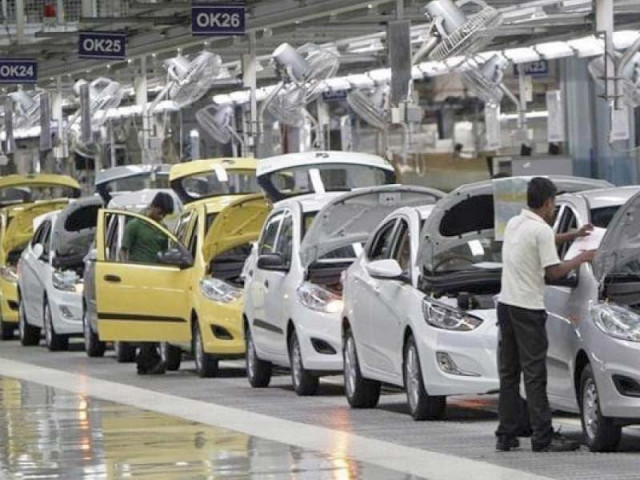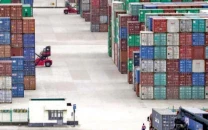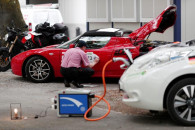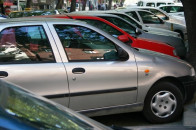Auto analysts criticise ‘faux pas’ budget
Call for 24-year auto policy to stabilise industries amid economic turmoil

Auto sector analysts described the federal budget for 2024-2025 as a faux pas and called for a 24-year sustainable policy for all industries, including the auto sector. They emphasised that the government must involve the cabinet, political parties, and industrialists to form this long-term strategy without delay.
Sustainability is crucial for industry growth, but local policies change frequently, often after a news bulletin, forcing business leaders to constantly adjust their decisions. This volatility makes business and investment in the country very risky. The auto industry, in particular, has faced challenges for two and a half years and may continue to do so next year.
Analysts urged the government to adopt serious austerity measures and make sacrifices to boost the morale of locals, industrialists, and the salaried class. These groups have faced significant challenges, exacerbated by new taxes on salaries and the overall industry in the budget.
Auto Sector Analyst and IBA Assistant Professor Dr Aadil Nakhoda said the budget is likely to affect car buyers’ purchasing power, as increased taxes may deter them. However, a shift to price-based taxation could lead to dynamic changes, making price competition more important in price-sensitive segments.
The government has withdrawn several incentives for EVs and hybrids, which may not be ideal given the need to adopt this technology. The government should consider relaxing import constraints, particularly on parts and components, to allow the industry to recover and offer consumers more options. A consumer-centric approach is necessary, as consumers have already been burdened by inflation and taxes over the past few years.
Auto Sector Analyst Mashood Khan remarked, “The budget does not suit the overall industry, including the struggling auto industry, which has been facing difficulties for over two years. One laudable aspect is the slight restriction on new or used Completely Built-Up (CBU) units, though this is not a long-term strategy. While it benefits the local industry to some extent, it is not sufficient.
The government must support local industry, providing incentives to spur industrialisation and encourage industrialists. The budget’s impact on the auto industry is neutral; industrialists are already experiencing challenges and will likely continue to do so.”
Khan noted that the bike industry is performing better, and the tractor industry has gained momentum. However, the lack of incentives for the bus and truck industry is disappointing. The government should have provided incentives to encourage the purchase of local buses and trucks instead of imports.
He stressed that the government, bureaucrats, policymakers, and the Special Investment Facilitation Council (SIFC) must recognise that the industry is key to resolving the economic crisis. A 24-year-long industrial policy is essential to revitalise industrial growth quickly.v



















COMMENTS
Comments are moderated and generally will be posted if they are on-topic and not abusive.
For more information, please see our Comments FAQ